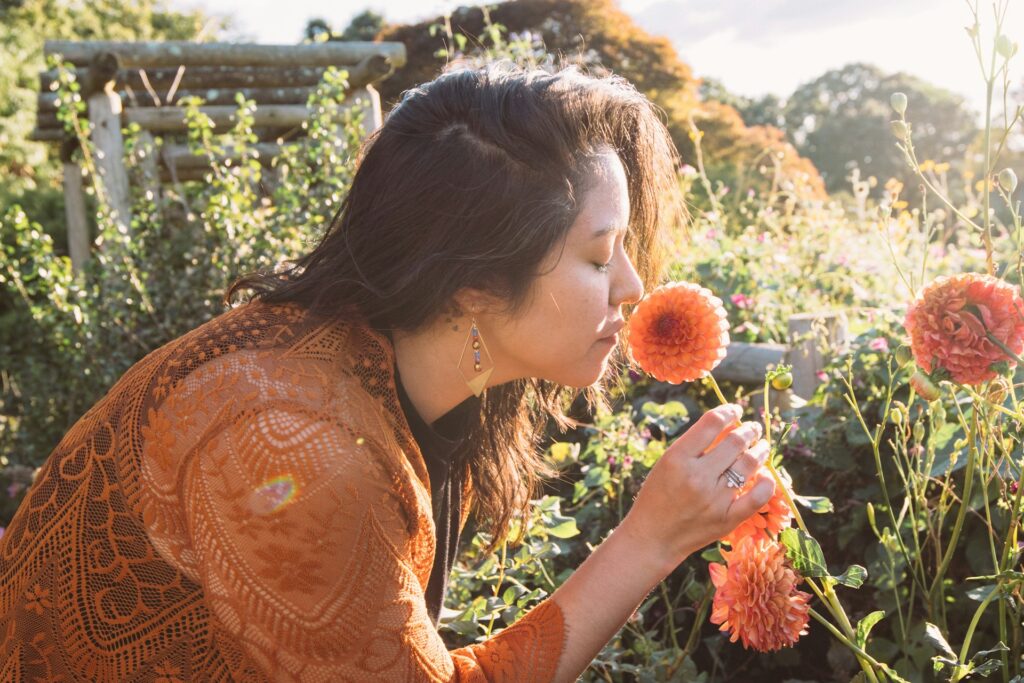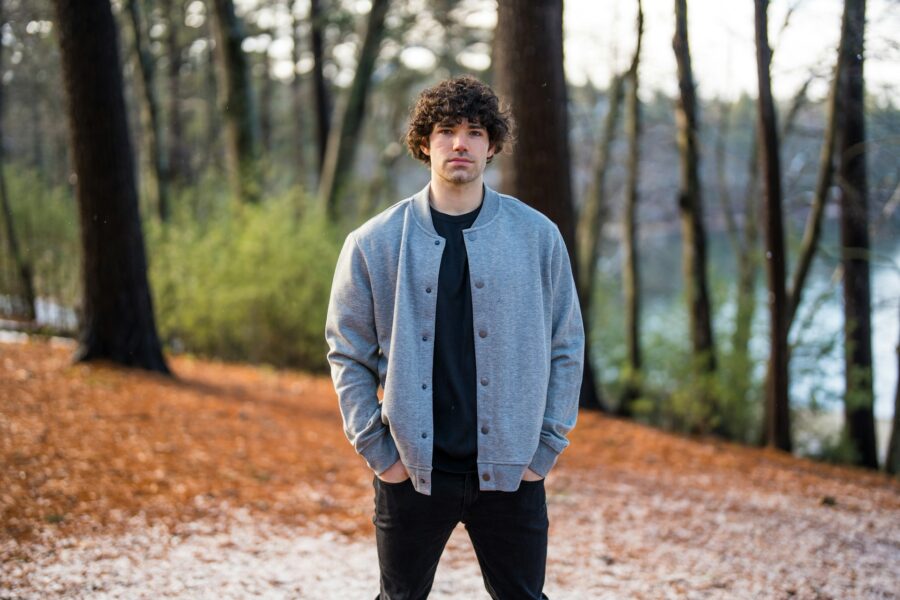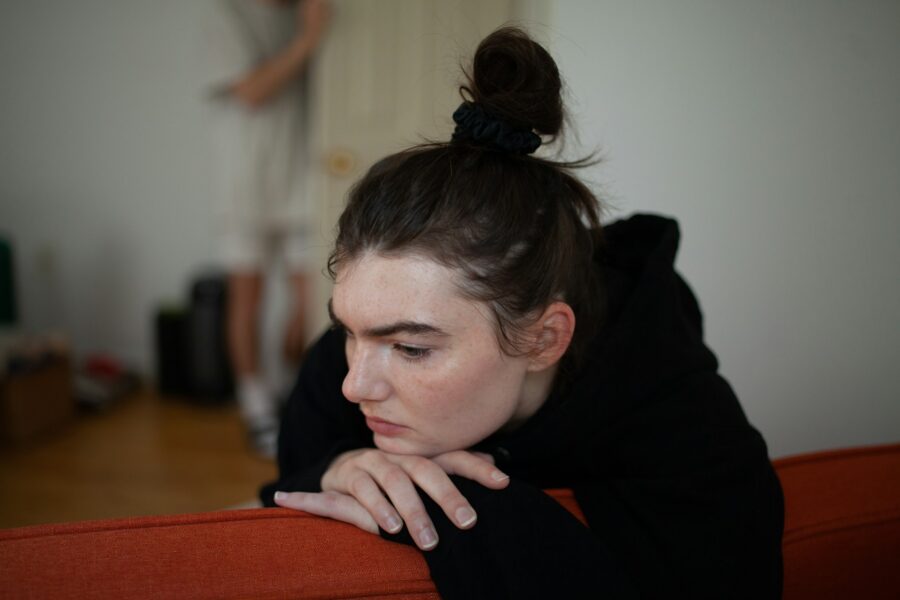
Emotional safety isn’t always a big, dramatic turning point. More often, it sneaks in through the little moments when you realise you’re not bracing all the time, or when reacting calmly starts to feel easier than falling apart. It’s not about never feeling anxious or upset again, but about no longer being ruled by that constant emotional edge. If you’ve been through a lot and now find yourself feeling a little more grounded, a little more okay, even when things aren’t perfect—that’s progress. These are some of the quieter signs that you’re more emotionally safe than you’ve ever been.
You don’t panic when someone’s tone changes.
There was a time when someone going quiet or sounding blunt might have sent you into overthinking mode. You’d assume they were angry, or that you’d done something wrong. Now, you’re more likely to pause than spiral. That doesn’t mean you don’t care. In reality, it means you don’t take everything personally anymore. You’ve created enough space between their mood and your worth to keep perspective.
You trust your own version of events.
Gaslighting, manipulation, or long-term self-doubt can mess with your ability to know what really happened. But now? You catch yourself saying things like, “I know how that felt,” and meaning it. You’re not so quick to rewrite reality just to keep the peace. That trust in your own perception is a sign you’ve started to believe yourself again, and that’s huge.
Apologies don’t feel like shame spirals.
Saying sorry used to come with a wave of self-loathing or anxiety. Now, it’s something you can do calmly, without crumbling. You can own your part without tying it to your entire identity. That emotional space around mistakes—the ability to apologise and move forward—shows that you’re no longer stuck in old patterns of guilt or perfectionism.
You no longer rehearse every conversation in your head.
You might still think things through, but you’re not constantly running scripts for how to explain yourself, defend yourself, or anticipate conflict. You trust that if something comes up, you’ll handle it. This change is subtle but powerful. It means your nervous system isn’t stuck in pre-emptive mode all the time. There’s a sense of emotional steadiness you didn’t have before.
You can rest without guilt.
There was a time when slowing down made you feel lazy, or like you were falling behind. Now, you recognise that rest isn’t indulgent. It’s part of taking care of yourself. Feeling safe enough to stop, to breathe, to take a full day off without trying to prove your worth? That’s a quiet kind of freedom, and it matters more than most people realise.
You don’t explain yourself as much.
When you feel emotionally unsafe, you tend to over-explain, over-justify, or over-apologise just to avoid being misunderstood. These days, you can say “no” or “I’m not comfortable with that” and leave it there. That ability to speak simply and directly shows you trust yourself more. You’re not trying to control how other people see you—just honouring what’s true for you.
Silence doesn’t always feel threatening.
Whether it was in relationships or your own head, silence used to feel like a warning sign. Now, it can just… exist. You’re not filling every gap with panic or stories about what’s wrong. When silence stops being scary, it usually means you’ve developed enough safety within yourself that you don’t need constant reassurance to stay grounded.
You don’t always need a second opinion.
There’s nothing wrong with seeking advice, but needing it constantly can be a sign of low self-trust. If you’re now making more decisions based on your own instincts, that’s growth. You’ve stopped outsourcing your confidence. Instead of “what would they do?” it’s becoming “what feels right to me?” That change means something deep inside you has started to settle.
Triggers don’t derail you for days.
You still get triggered because you’re human. However, instead of getting completely thrown off, you can recognise the feeling, take care of it, and move through it a little more gently. This doesn’t mean you’re immune to pain. It just means you’ve built enough internal tools to keep it from swallowing you whole. That’s what emotional safety feels like.
You can enjoy good things without bracing for the bad.
When you’ve had a lot of emotional upheaval, happiness can feel suspicious, like it’s too good to last. But lately, you’ve caught yourself enjoying things just because they feel good, not because they’re a distraction or a warning sign. That kind of unguarded joy, even in small moments, is a huge sign that you feel safer in your own life. You’re letting yourself be present instead of preparing for disaster.
Your self-talk has softened.
The voice in your head isn’t as cruel as it used to be. You still have doubts and frustrations, but you’re quicker to show yourself grace, quicker to say “that was tough” instead of “you’re pathetic.” That inner kindness doesn’t just appear out of nowhere. It grows slowly, as your nervous system stops expecting attack and starts expecting care, even from you.
You don’t chase people who make you feel small.
Whether it’s a partner, friend, or family member, you’ve stopped trying to earn crumbs of love or validation. If someone constantly leaves you drained or second-guessing yourself, you’re more willing to walk away. That’s not being harsh or dramatic. That’s what emotional safety does—it raises your baseline, so your nervous system no longer feels addicted to chaos or confusion.
You feel safe being misunderstood sometimes.
Before, being misunderstood could feel unbearable, like your whole sense of self was under threat. Now, you’re okay with not being perfectly seen all the time. You don’t need everyone to get you to know who you are. This is one of the clearest signs of inner safety. When being misread doesn’t undo you, it means you’ve stopped needing external clarity to feel solid in yourself.
You’re less reactive, more responsive.
Instead of snapping, shutting down, or panicking, you pause. You give yourself a second to breathe, think, and choose your response, especially in emotionally charged moments. That doesn’t mean you’re calm all the time. It means you’re regulating instead of reacting, and that shows your inner environment is becoming a lot more stable than it once was.


